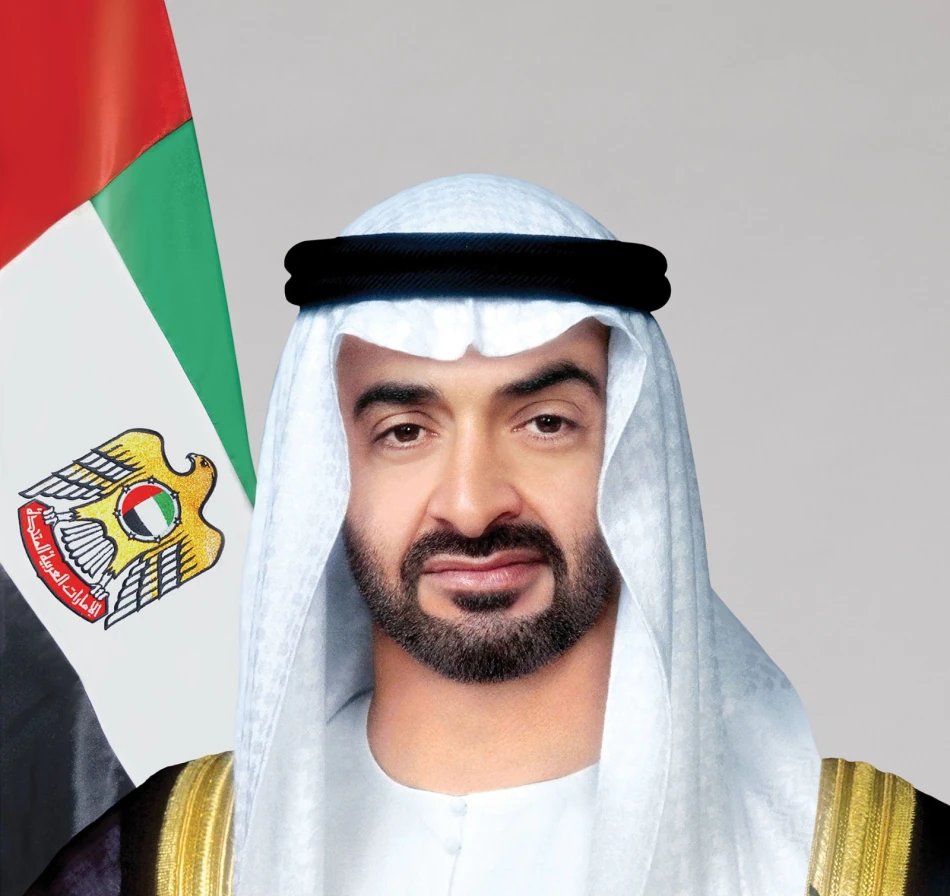
State Leader Explores Historic Sites in Karabakh, Accompanied by Azerbaijan's President
UAE President's Historic Visit to Karabakh Signals Deepening Azerbaijan Ties
UAE President Sheikh Mohammed bin Zayed Al Nahyan made a significant diplomatic statement today by touring historical and natural landmarks in Shusha, Karabakh, alongside Azerbaijani President Ilham Aliyev. The visit to this strategically important region underscores the UAE's growing influence in the South Caucasus and its support for Azerbaijan's territorial sovereignty following the 2020 Nagorno-Karabakh conflict.
A Tour Rich in Symbolism
The presidential tour carried deep political and cultural significance, focusing on sites that embody Azerbaijani heritage and identity. The delegation visited the Shusha Fortress, a formidable structure dating back to approximately 1750 that serves as a historical and cultural symbol of Azerbaijan. The fortress has witnessed centuries of regional power struggles and stands as a testament to Azerbaijan's enduring presence in the region.
The tour also included the Shusha Mosque, designed as one of the city's most prominent cultural and religious landmarks. This visit particularly resonates given the mosque's restoration following years of conflict, symbolizing both religious revival and cultural reclamation.
Natural Heritage and Cultural Preservation
Beyond historical sites, the leaders explored Jidir Duzu, a renowned natural landmark and tourist destination famous for its equestrian events. This expansive plain hosts horse races and training exhibitions, serving as both a venue for evaluating equine skills and a celebration of traditional Azerbaijani horsemanship culture.
The itinerary extended to the Azerbaijan National Carpet Museum and various memorial monuments dedicated to prominent Azerbaijani figures in literature and arts, highlighting the region's rich cultural tapestry.
Strategic Implications for Regional Dynamics
This high-profile visit comes at a crucial time for regional geopolitics. Since Azerbaijan's military victory in 2020, which restored control over territories including Shusha, the country has been actively courting international recognition of its sovereignty over these areas. The UAE's presidential visit represents a significant diplomatic endorsement.
The timing aligns with the UAE's broader strategy of expanding its influence beyond traditional Middle Eastern boundaries. Similar to how the Emirates has positioned itself as a bridge between East and West in global finance and trade, this Caucasus engagement suggests Abu Dhabi's ambitions to play a larger role in Eurasian connectivity projects.
Economic Opportunities on the Horizon
For investors and businesses, this diplomatic rapprochement signals potential opportunities in Azerbaijan's reconstruction efforts. The UAE's expertise in urban development, tourism infrastructure, and cultural preservation could prove valuable as Azerbaijan rebuilds and modernizes the Karabakh region.
The visit also hints at possible energy cooperation, given both nations' significant roles in global energy markets. Azerbaijan's position as a key supplier to European markets through the Southern Gas Corridor could complement the UAE's own energy diversification strategies.
A New Chapter in South Caucasus Relations
This presidential visit marks more than ceremonial diplomacy—it represents the UAE's calculated entry into South Caucasus geopolitics. By choosing to visit Karabakh specifically, Sheikh Mohammed bin Zayed has sent a clear message about the UAE's recognition of Azerbaijan's territorial integrity while positioning his country as a key partner in the region's future development.
The emphasis on cultural and historical sites during the tour suggests both nations view their relationship through a lens of civilizational dialogue rather than purely transactional cooperation, potentially laying groundwork for sustained, long-term partnership that extends well beyond immediate political considerations.
Most Viewed News

 Sara Khaled
Sara Khaled






